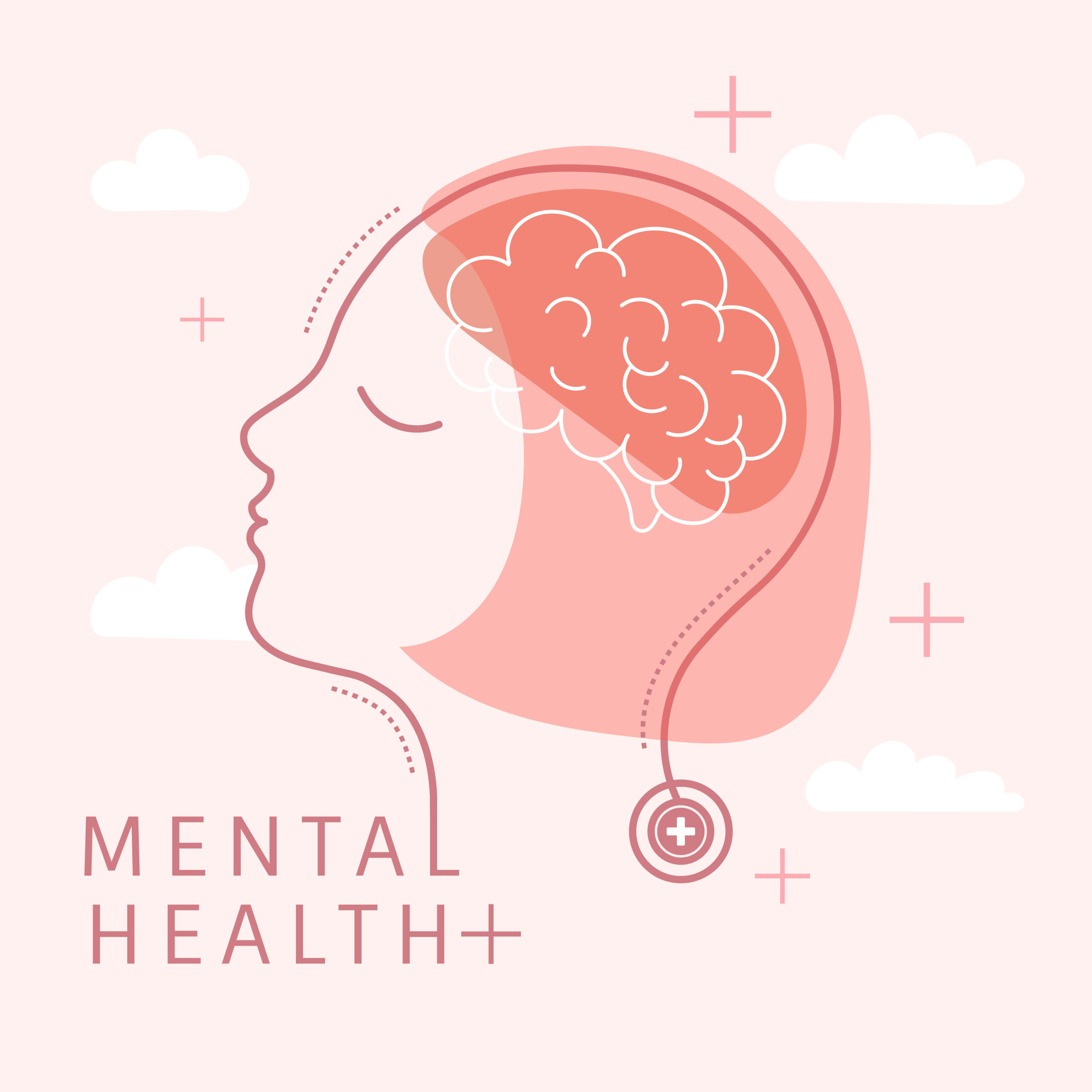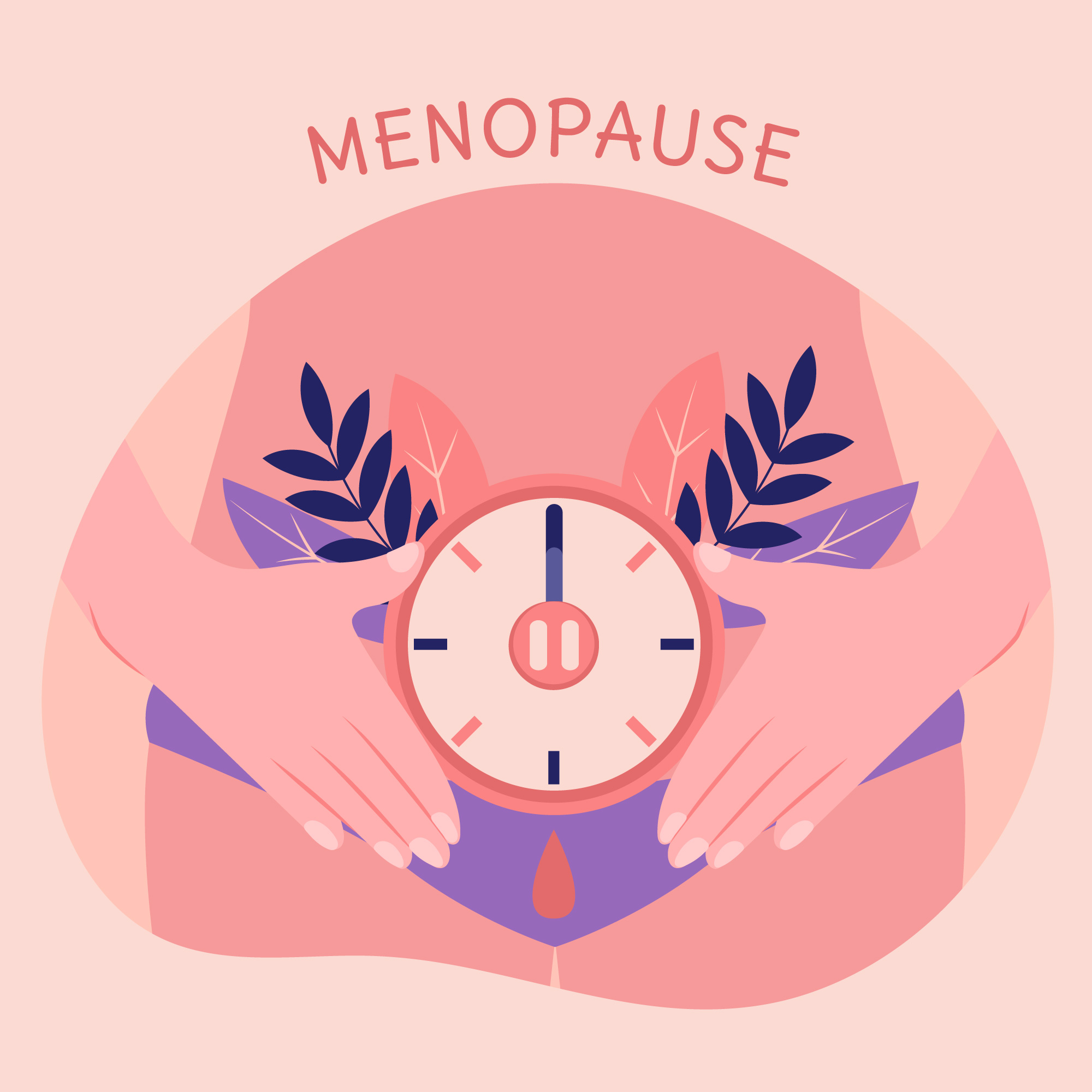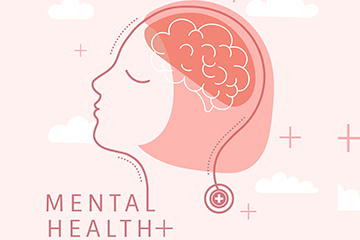Unusual Menopause Symptoms: What No One Told Me About
Menopause brings about various well-known symptoms like hot flashes, night sweats, brain fog, anxiety, joint pain, and decreased libido. These symptoms are often discussed and anticipated by many women approaching this stage of life. However, some less common symptoms can catch you off guard. Here, we’ll dive into these unusual menopause symptoms that many people are unaware of.
10 Unusual Menopause Symptoms
Here are 10 unusual menopause symptoms you should pay attention if you are around your menopause stage.
- Menopause Cold Flushes
While hot flashes are a hallmark of menopause, cold flushes are less talked about. Some women experience chills following a hot flash as their body attempts to regulate its temperature. This can disrupt sleep and leave you feeling exhausted.
Management Tips:
Hormone Replacement Therapy (HRT)
Layering bed clothing with natural fabrics
- Perimenopausal Rage
Mood swings and irritability are common in menopause, but perimenopausal rage is a severe form of this symptom. This sudden, intense anger can feel overwhelming and is experienced by some women during this transition.
Management Tips:
Stress management techniques like mindfulness and meditation
Cognitive Behavioral Therapy (CBT)
HRT for severe cases
- Formication
Formication is the sensation of insects crawling under your skin, often caused by low estrogen levels. This results in thinner, more sensitive skin prone to itching.
Management Tips:
Moisturizers and antihistamines
Consult a dermatologist for severe cases



- Hair Loss and Thinning
The drop in estrogen levels can lead to hair loss and thinning, sometimes resulting in significant hair loss.
Management Tips:
Use gentle shampoos and moisturizing conditioners
Avoid hot hair dryers
Maintain a healthy diet rich in iron, vitamin B, and zinc
- Tinnitus (Ringing in the Ears)
Hormonal imbalances during menopause can trigger tinnitus or ringing in the ears.
Management Tips:
Regular exercise
Avoiding loud noises
Improving sleep and using relaxation techniques like meditation and yoga
- Dry Mouth
Estrogen plays a crucial role in salivation, and its decrease can lead to dry mouth, bad breath, and burning mouth syndrome.
Management Tips:
Drink more fluids and suck on ice cubes
Chew sugar-free gum or suck on sugar-free sweets
Avoid alcohol, caffeine, and smoking
- Burning Tongue
This symptom includes a dry mouth, bitter or metallic taste, loss of taste, and a sore tongue, often linked to hormonal imbalances or vitamin deficiencies.
Management Tips:
Avoid acidic foods and drinks
Maintain good dental hygiene
Reduce stress levels
Use products that stimulate saliva production and consider vitamin supplements
- Tingling and Numbness in Limbs
Known as paresthesia, this symptom involves a pins-and-needles sensation in your hands or feet due to falling estrogen levels.
Management Tips:
Regular exercise and yoga to improve circulation
A healthy diet and vitamin supplements
Avoid excessive caffeine and alcohol
Consider acupuncture and massage
- Dry Eyes
Hormonal changes can reduce the fluid and oil production in your eyelids, leading to dry, burning, or itchy eyes.
Management Tips:
Keep your eyes clean and take regular breaks from screens
Use a humidifier and avoid wearing contact lenses
Lubricating eye drops and warm compresses
Consult a doctor for antibiotic or steroid drops if needed
- Brittle Nails
Fingernails may become brittle and prone to breaking easily during menopause.
Management Tips:
Wear rubber gloves when cleaning or using detergents
Use moisturizing hand creams
Consider vitamin supplements
Physical Exercises:
Menopause can be a challenging time with a range of symptoms that go beyond the well-known ones. By understanding and addressing these unusual symptoms, you can navigate this transition more comfortably. If you experience any severe or persistent symptoms, don’t hesitate to consult your healthcare provider for personalized advice and treatment options.


